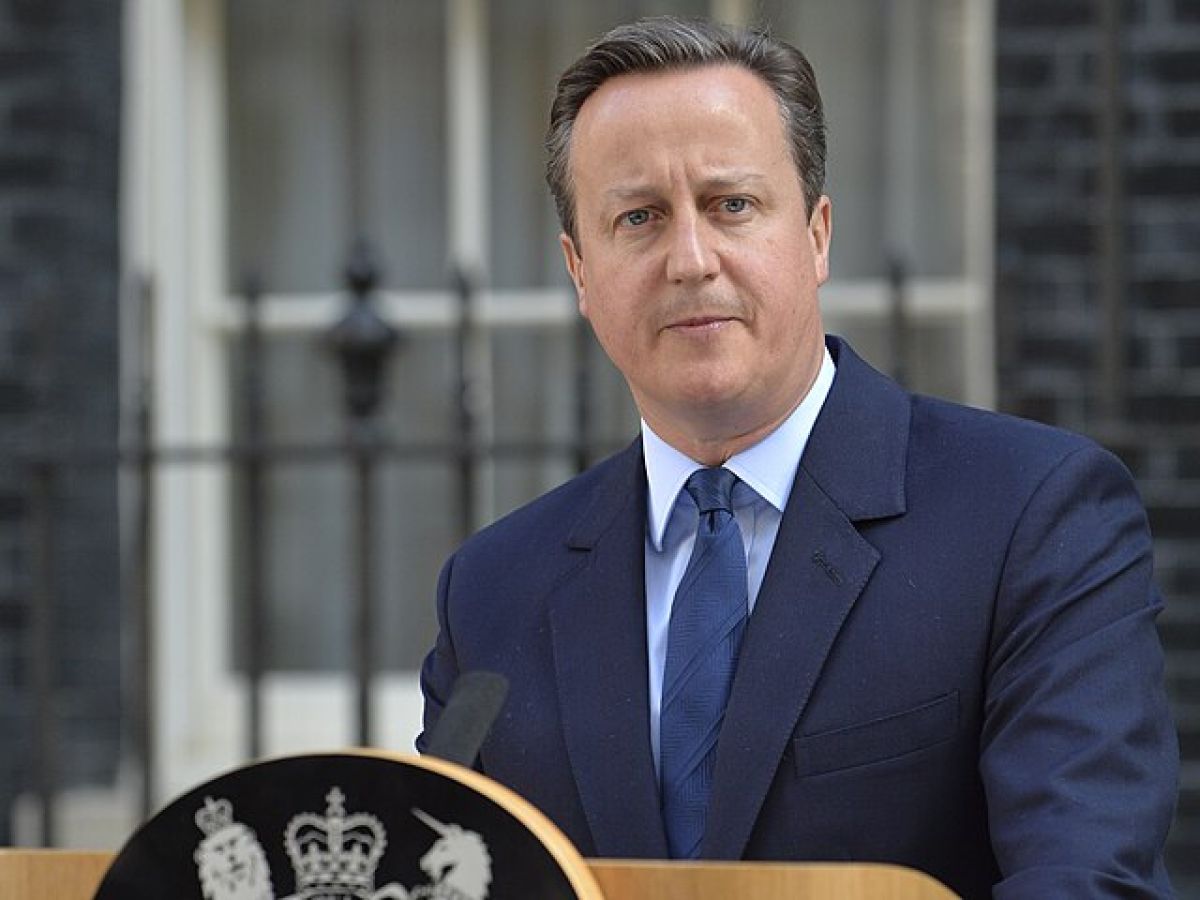Could David Cameron’s shock return be a lifeline for the House of Lords?

Words by James Dorward
Initally, I was bemused by the appointment of the now ‘Lord Cameron of Chipping Norton’ to take charge of the foreign office: I was even convinced that the PM had finally gone mad. Cameron, nearly eight years out of a now-bygone era, had made a completely unelected comeback.
Surely, I thought, if Sunak had to appoint someone from outside of Parliament, some ambitious trilingual ex-diplomat would be better; Cameron, carrying the weight of Brexit, had to be too great a risk. But, in truth, I’ve changed my mind. He certainly won’t save Sunak’s premiership, but Cameron’s appointment represents something broader about the state of our democracy and parliament: Cameron has given bicameralism, and the House of Lords, one final chance to prove itself.
Labour, rightly, will continue to ask why Sunak couldn’t find anyone in the Commons, because naturally the Foreign Secretary should be accountable to other members. But casting aside party politics, having the Foreign Secretary as a Lord makes perfect sense. Looking at Cameron’s first few weeks in the job, his passport has been put to good use. Big trips to Ukraine, Israel and Gaza have kept him away from home, and thus he has had no time for parliament or his former constituency.
If the UK wishes to offer genuine support in the ongoing conflicts, the Foreign Secretary has to be someone who can afford to spend time away from home, and is not burdened by the duties of voting in the House of Commons or holding surgeries in his or her constituency.
That is not to say that constituency MPs don’t do incredibly important and meaningful work – they do. But how can we expect our MPs to fulfil their representative duties while simultaneously spending their time negotiating aid deals and advocating for human rights?
As this role is principally about engaging with foreign governments, the Foreign Secretary is most useful abroad, meeting with President Abbas and President Herzog like Cameron has recently done. Having fewer responsibilities outside his role allows Cameron to spend more time abroad; and if we want good governance, Ministers should be able to devote more time to their role.
Not only that, but his celebrity means we all know about it. And so do other leaders. ‘David Cameron’ has been trending on Twitter almost continuously since his appointment, and as such, in my view, he has become a symbol of soft power – travelling the world and looking like a statesman.
While Brexit will probably create some awkward conversations with his European counterparts, a quick scroll through social media reveals Brexit is of no more concern to the average Twitter poster than that ludicrous pig story – the selective memory of the public seems to have shifted almost the entire blame for Brexit, at least for the time being, on to a part-time reality TV star (and full-time bigot) named Nigel Farage.
It is especially encouraging that Cameron is a clean break from the Johnson and Truss era, and therefore David Cameron represents a seriousness that has been lacking in British politics since… David Cameron. He can also use his presumably impressive contacts book to wangle meetings with others, which surely favours British interests.
Meanwhile the Conservative party is a ship half-submerged, whose survivors are either desperately trying to jump to political safety or walking a very long plank. While the Braverman-led infighting rages on, Cameron need not be involved – he is in the unique position of being an open critic of Sunak whose position is safe. Sunak appointed Cameron knowing their political disagreements, which therefore restricts Cameron’s role to one thing only: international diplomacy.
Cameron’s successor will be David Lammy, whose job is going to be considerably more difficult. Lammy will inherit the role as one of Britain’s top diplomatic figures, but he will also have to continue his other duties of defending Labour on Sunday morning television, voting in the House throughout the week, and managing the interests of his constituency. In the context of war in Ukraine and the Middle East, Cameron’s appointment means he is concentrated solely on diplomatic missions and relations, while Lammy will not be able to forgo his constituency duties.
The parliamentary system is totally broken, and everyone knows it, but Lord Cameron may just have given the House of Lords a few more years to live. Be that a good thing, I’m not sure, but maybe our politics will start to make use of the overcrowded chamber of Lords, and maybe that will lead to more experts doing top government jobs, or at least relieve the person responsible for shaping British foreign policy of their time-consuming secondary tasks. Devoting an unequal amount of time to one role must compromise the other, which is why we need a new system.
When the time does comes to change the structure of our parliament and the voting system, a very clear distinction needs to be made between constituency representatives and government officials. These roles should be separate. Our politics should be representative and professional – not one, the other, or neither, as has increasingly become the case.
But for now, however, David Cameron is a smart appointment, giving our current parliamentary structure one final chance to prove its worth.







